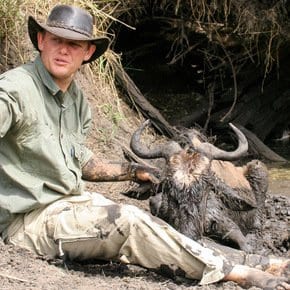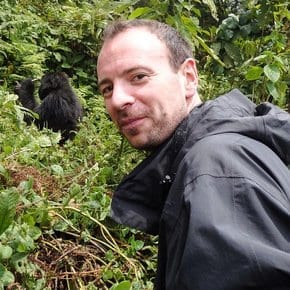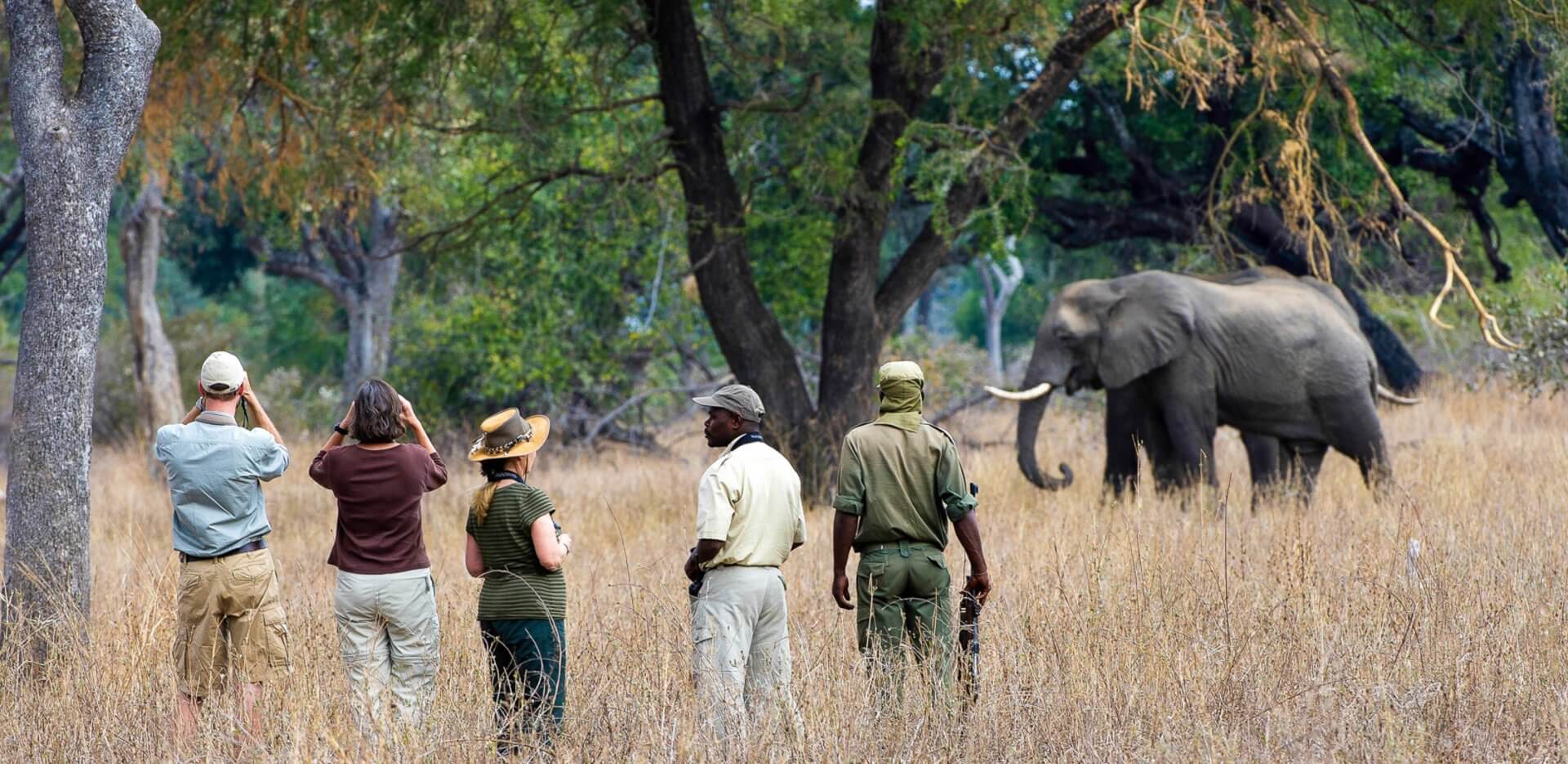
Exciting Zambia Safari Holiday Special Offers
July 17, 2020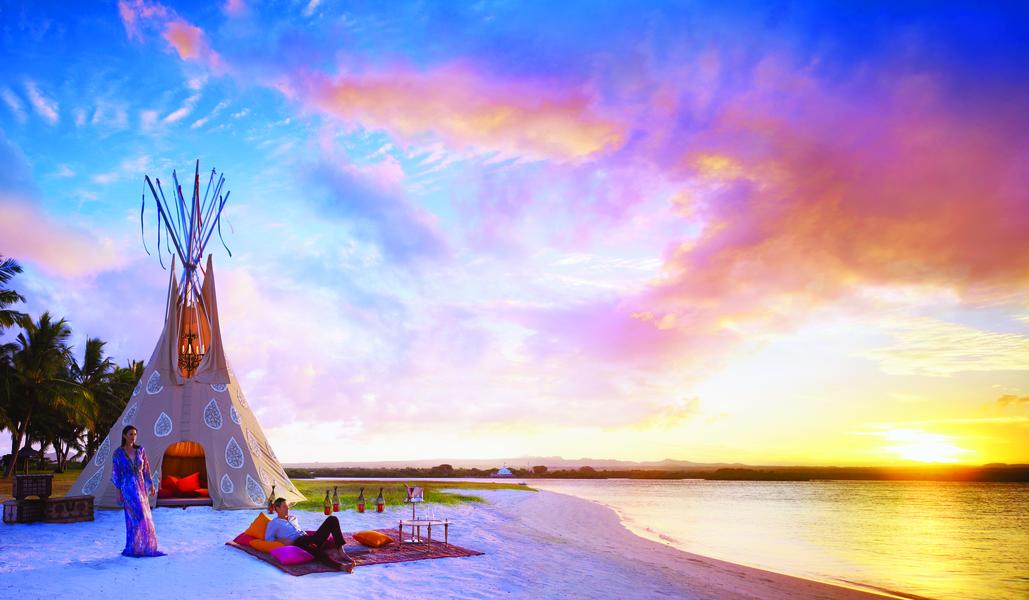
Tailormade Mauritius Holidays – Special Offer
July 24, 2020
Exciting Zambia Safari Holiday Special Offers
July 17, 2020
Tailormade Mauritius Holidays – Special Offer
July 24, 2020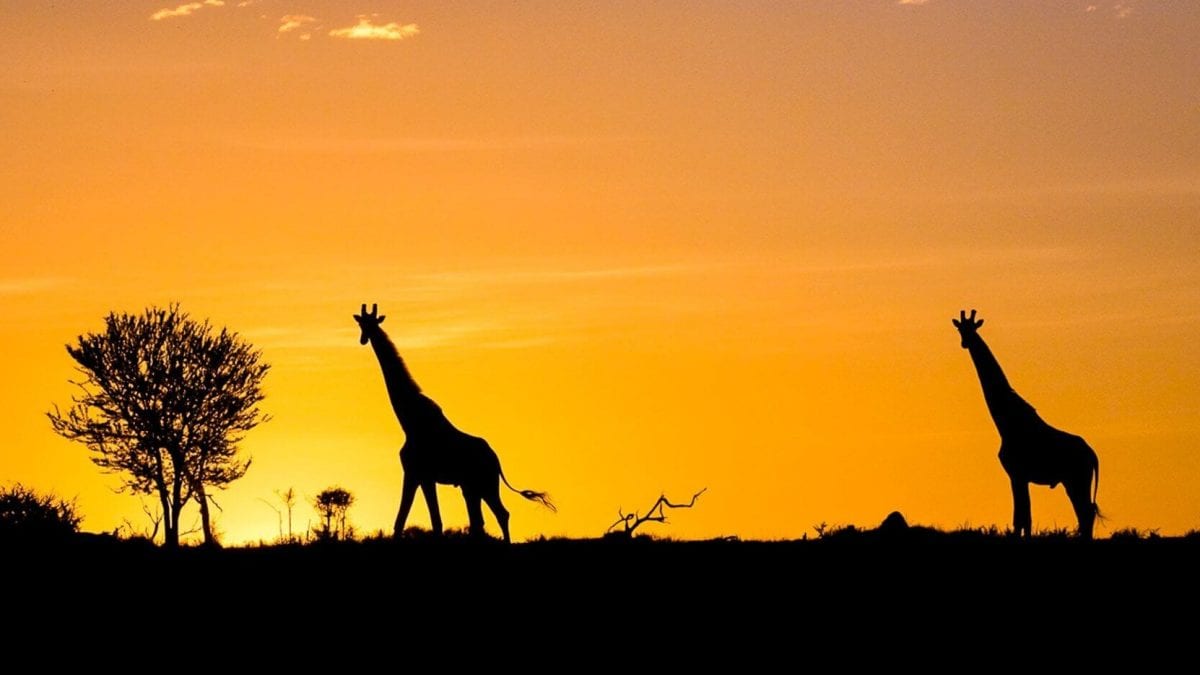
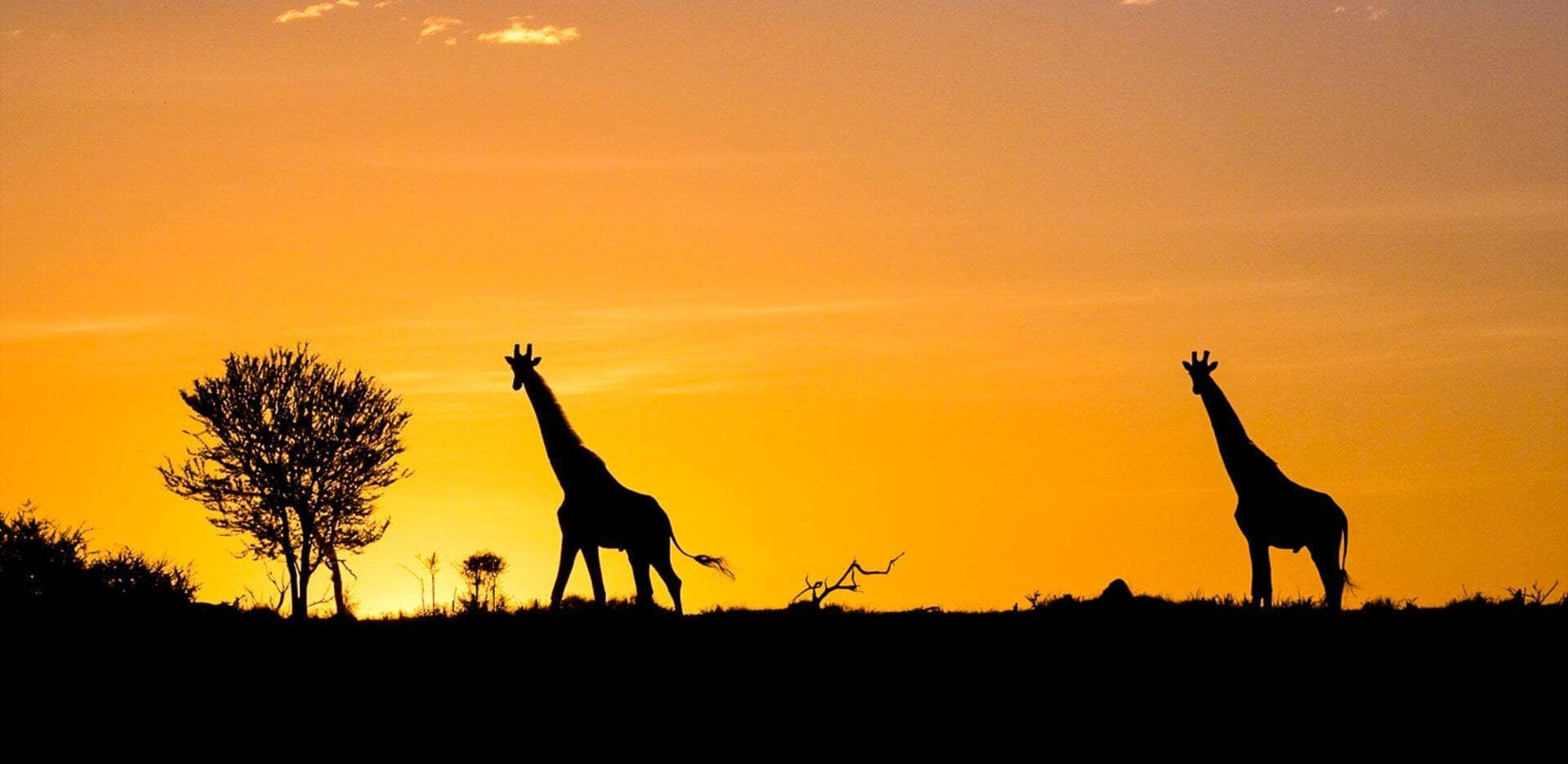
As destinations gear up again to welcome tourists, we are also planning on a slow-but-steady path back to travel, particularly as our type of travel — small-scale, outdoors, sunny and airy — is more suitable than other types of leisure travel at this time. And if any continent is better suited to big open spaces, it’s definitely Africa! The lodges and camps we support really are perfect for keeping to social distancing regs, not least given we love, love, LOVE the smaller properties which are usually less than 12 rooms/tents in total. They are also located in the most remote places, with hardly a soul around except the amazing teams who are there to look after you and the other wonderful safari-goers who have made the journey to the African bush for their well-deserved holiday.
What to expect from an African safari at this time?
When it comes to the activities, you’ll also be in the best of hands. When you’re out on a game drive, you won’t be stuffed into a tight spot with heaps of other people. With a maximum of six per safari vehicle, each person has a window seat (quite literally as they’re open sided!) and this really does minimise any social distancing issues. South Africa safari tours are also nicely spaced out, and being out in the open air you really can’t go wrong.
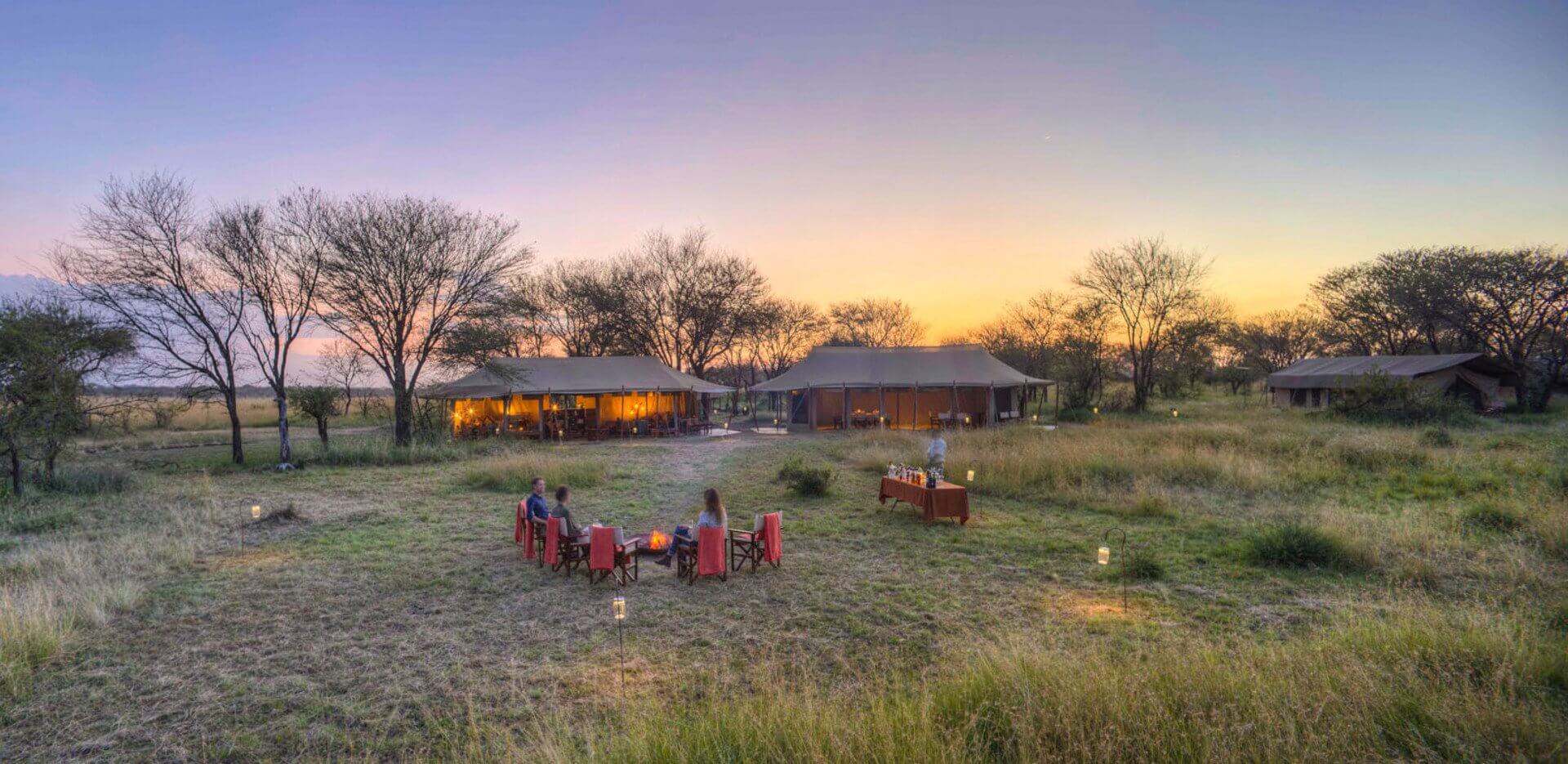
Get advice from a safari specialist
The best news of all? You’ll be booking with us, the African safari specialists. We have taken the time to reach out to all of our partners on the ground to establish exactly what they are doing to keep their guests safe – and we could not be more impressed. From strict testing and quarantine measures for staff, through to thoughtful deep cleaning protocols and private dining, we’re pretty sure you will almost wish for another lock down just so that you can stay!
Is it safe to fly?
Even if the destination is considered to be the safest spot in the world to have that long awaited holiday, how on earth will you get there? Well the good news is that those fears of flying may well be dispelled, especially if you listen to what Jean-Bruce Dumont has to say. Who? The Chief Engineer at aerospace giant Airbus, of course! If anyone knows what they’re talking about, it’s Jean-Bruce – and in our opinion, he has just the right level of kudos to put your mind at ease.
According to his interview with the BBC at the end of June 2020, Jean-Brice argues that the way modern aircraft are designed means that the air is intrinsically very clean. "Every two to three minutes, mathematically, all the air is renewed," he says. "That means 20 to 30 times per hour, the air around you is completely renewed."
Essentially the air in the aircraft is collected from outside (normally through the engine) and mixed with recycled air in the cabin. This air is passed through HEPA (high-efficiency particulate air) filters that are similar to those used in hospitals – and according to experts, the Covid-19 virus is the right size to be caught in the HEPA filters, so happy days!
Mr Dumont says: "HEPA filters have standards, and the standards we use in commercial aviation are among the highest standards. They filter out 99.97% of particulates (small particles) of the size of Covid-19."
He goes on to explain how the flow of the air itself is also designed to minimise infection risks. "The air flows vertically. It is blown from above your head and evacuated from beneath your feet. That makes the level of propagation of anything in the air quite limited. So a passenger from row one, for example, cannot contaminate someone in row 20."

That said, it’s still wise to wear a mask at all times and take all the usual precautions when travelling to avoid transmission and reduce risk of infection. These include:
- Maintain a distance of 6 feet (2 metres) between you and others as much as possible
- Avoid crowds
- Wear a cloth face covering
- Avoid touching your eyes, nose and mouth
- Cover coughs and sneezes
- Clean your hands often. It's especially important after going to the bathroom, before eating, and after coughing, sneezing or blowing your nose.
- Wash your hands often with soap and water for at least 20 seconds
- If soap and water aren't available, use a hand sanitizer that contains at least 60% alcohol. Cover all surfaces of your hands and rub your hands together until they feel dry
What specific precautions should I take when flying?
The UK Government has come up with some very useful guidelines to help you with your journey which we would love to share with you.
Online check-in
Where possible, check in online to avoid face-to-face contact at the airport.
You are strongly encouraged to check in baggage to the aircraft hold and minimise any hand baggage. This not only speeds up getting on and off the plane but will also minimise the risk of transmission.
Arriving at the airport
As soon as you enter the airport, don your face covering and keep it on! Although his may not yet be mandatory, it really is our highest recommendation.
You will be given instruction from the airport and airline staff, which you must follow and may include:
- where to sit
- how to queue at check-in, security or when boarding the aircraft
- instructions on screens, barriers or floor markings
- requests to move to less busy areas
At check-in
Where possible, avoid touching surfaces in the airport. Wash your hands for at least 20 seconds after using self-service check-in, luggage trollies and other frequently touched surfaces.
Depending on the airport you fly from and where you are flying to, you may need to have your temperature checked before flying.
At the security checkpoint
Follow advice in the airport to prepare for security checks, which will undoubtedly be different from the experiences you will remember pre-COVID!
As tempting as it is, avoid walking around the airport and mixing with people as much as possible. In shops at the airport, follow social distancing measures and, where possible, pay by contactless card.
Onboard the aircraft
The UK has a wide range of aircraft flying to many different international and domestic destinations. Measures to control coronavirus transmission will depend on:
- the technical features of your aircraft
- any specific requirements of your destination
- the individual risk controls identified by your airline
Your airline will advise you on the measures that are in place for your flight, but you MUST wear a face covering on board the aircraft.
You can remove your face covering to:
- communicate with someone who relies on lip reading
- avoid harm or injury
- take medication
- eat or drink, if reasonably necessary
During the flight, you should:
- remain seated as much as possible
- follow instructions and guidance from crew
- use contactless payment where possible
- be aware there is likely to be a reduced food and drink service
- make the cabin crew aware if you become ill
Let us tailor-make your ideal Africa safari holiday. Feel free to pick up the phone on +44 1932 361807 (UK & Rest of the world) / 1 844 390 1798 (USA toll free) or pop us an email at info@tailormadeafrica.com, and we can help you to plan your bespoke safari holiday with us – and by doing so, help us to support those most in need on the ground.



























